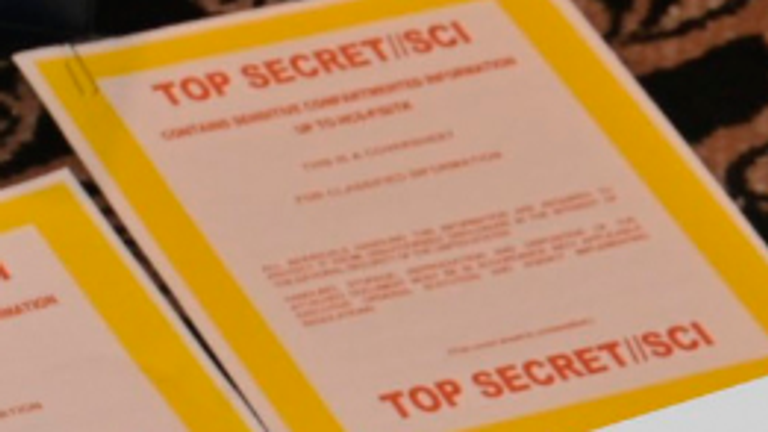An Analysis of the Mar-a-Lago FBI Search and Trump’s Classification Documents
The Background
The National Archives and Records Administration (NARA) had been asking Donald Trump to return documents that were improperly taken from the White House after his term ended for months. Trump failed to comply with these requests to return classified presidential records. As a result, NARA referred the matter to the Justice Department which led to further investigation.

The Search Warrant
In June 2022, the Department of Justice submitted a subpoena requesting documents marked as classified that were located at Mar-a-Lago. Trump’s legal team failed to fully comply with the subpoena and turned over some records but claimed others were protected. After an assessment of the returned materials, federal agents grew concerned that sensitive national security information remained at the property. The DOJ obtained a search warrant from a federal judge, which was subsequently executed at Mar-a-Lago on August 8th, 2022.
Public Reaction
Initial reporting indicated that federal agents were searching for documents related to nuclear weapons during the raid. This development increased scrutiny and concerns over Trump’s handling of sensitive government secrets. A new poll showed that a majority (54%) of Americans approved of the search while only 36% disapproved. However, Trump supporters have loudly criticized the search as politically motivated. Despite objections, no legal challenges to the search warrant have successfully overturned its legality so far.
The Classified Materials
According to new details, boxes recovered from Mar-a-Lago in January 2022 contained top secret documents as well as other classified materials. Reports described the sensitivity of retrieved documents, with some marking handling instructions like “COMPARTMENTED INFORMATION” and “THE HIGHEST LEVELS OF CLASSIFICATION.” Experts agreed that transporting such documents to a private residence and failing to securely store them had potentially serious national security implications.
Legal Implications
By taking classified materials from the White House after leaving office, Trump potentially violated multiple laws including the Presidential Records Act and Espionage Act. The Justice Department appears to be investigating whether the mishandling of sensitive government secrets and refusal to return records as requested rises to the level of criminal conduct. If charged and convicted, Trump could face fines or imprisonment under these statutes. Prosecutors have faced monumental political pressure but legal experts agree there is a valid criminal case if evidence demonstrates willful wrongdoing.
Privacy and Transparency Concerns
Another controversy surrounds the unsealing of documents related to the search. While transparency is important, the DOJ must balance oversight with protecting personal privacy and ongoing investigative techniques. If sensitive affidavits are prematurely made fully public, it could jeopardize witnesses, reveal sources and methods, or alert targets to destroy evidence. However, the proceedings and ultimate charges against public officials must withstand scrutiny to ensure proper use of law enforcement powers. The courts will decide the appropriate level of disclosure permitted in this unprecedented legal drama.
What’s Next?
As more is learned about precisely what was taken from the White House and how it was handled at Mar-A-Lago, focus now shifts to the Justice Department’s next steps. Prosecutors must weigh the evidence and legal standards required to potentially bring charges under the applicable statutes. Simultaneously, intelligence agencies will likely conduct damage assessments of any national security risks posed by the mishandling and storage of classified materials outside authorized locations and systems. The controversies and investigations are far from over, promising to remain front-page news well into 2023.
